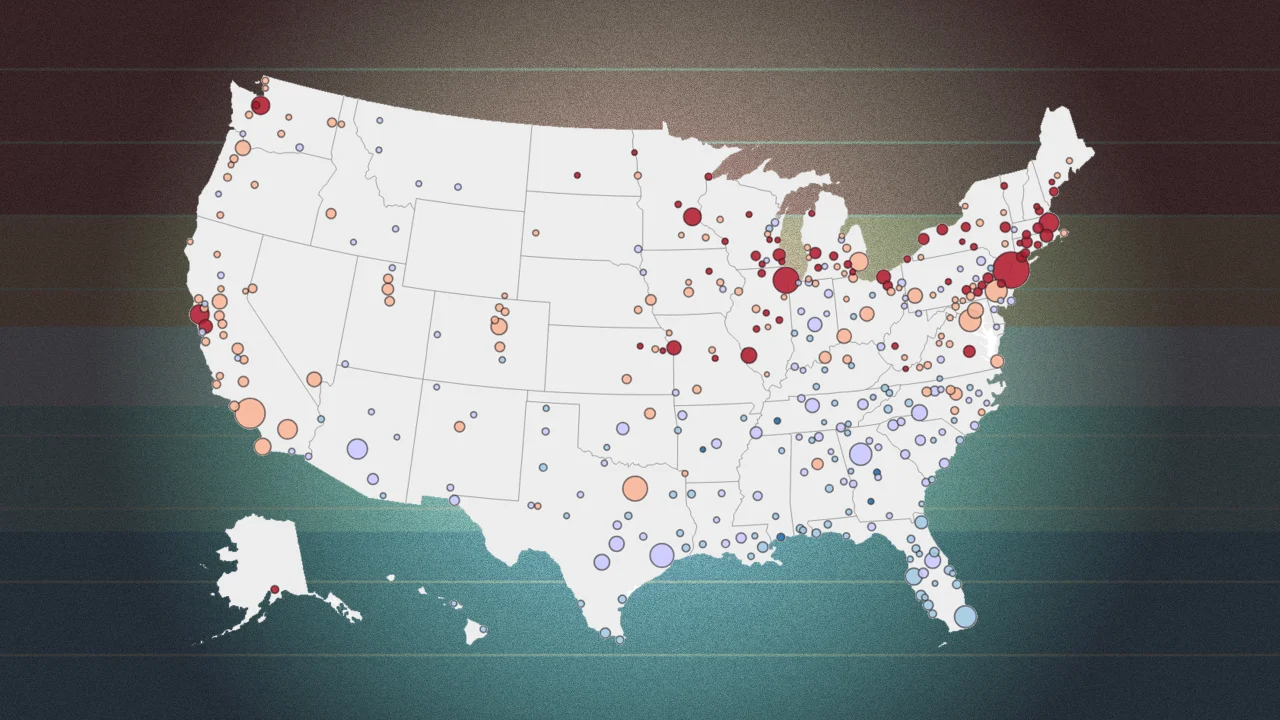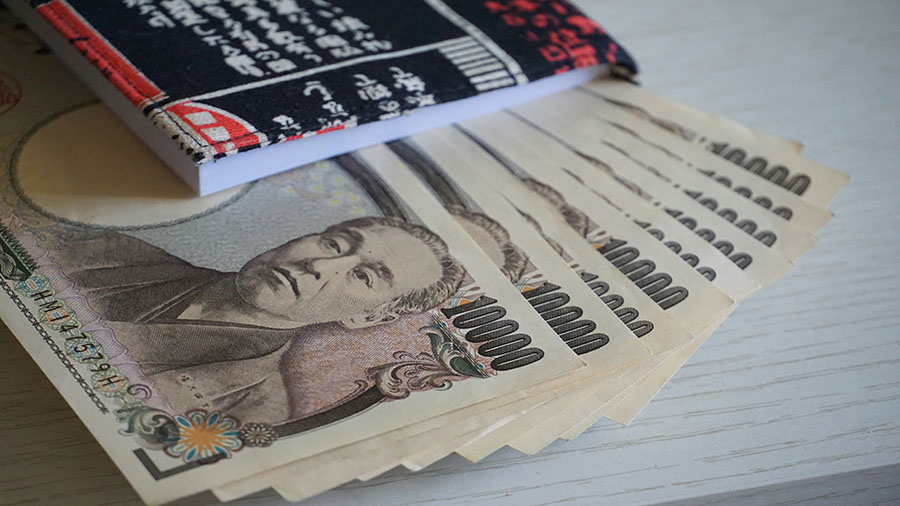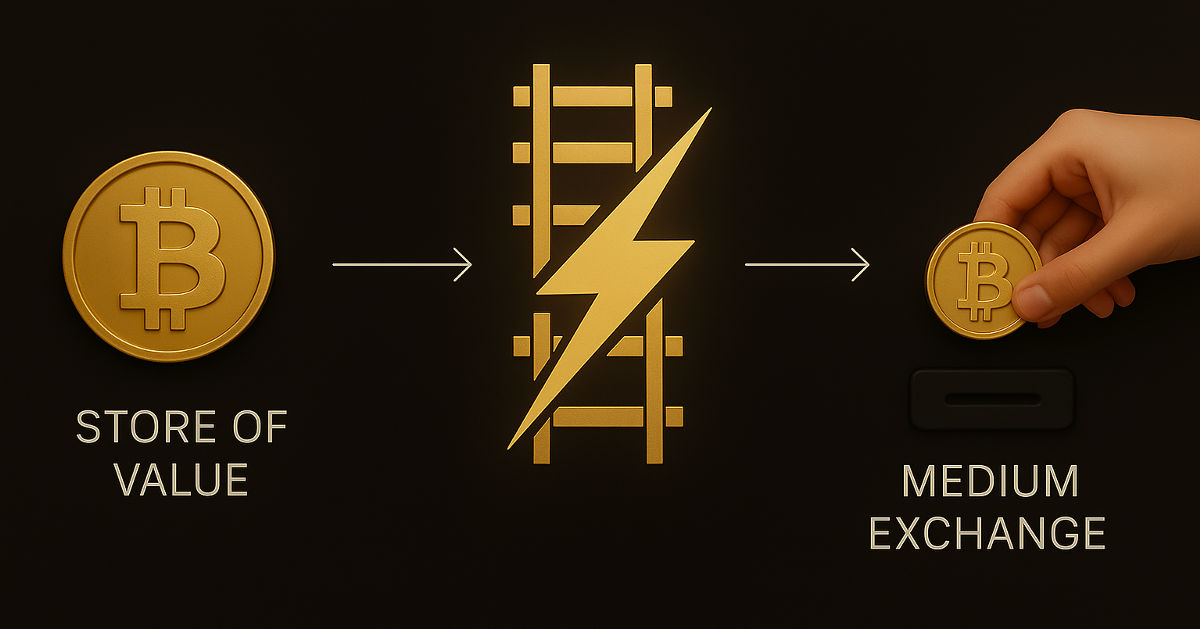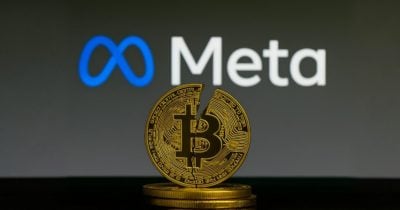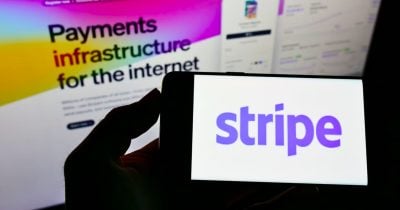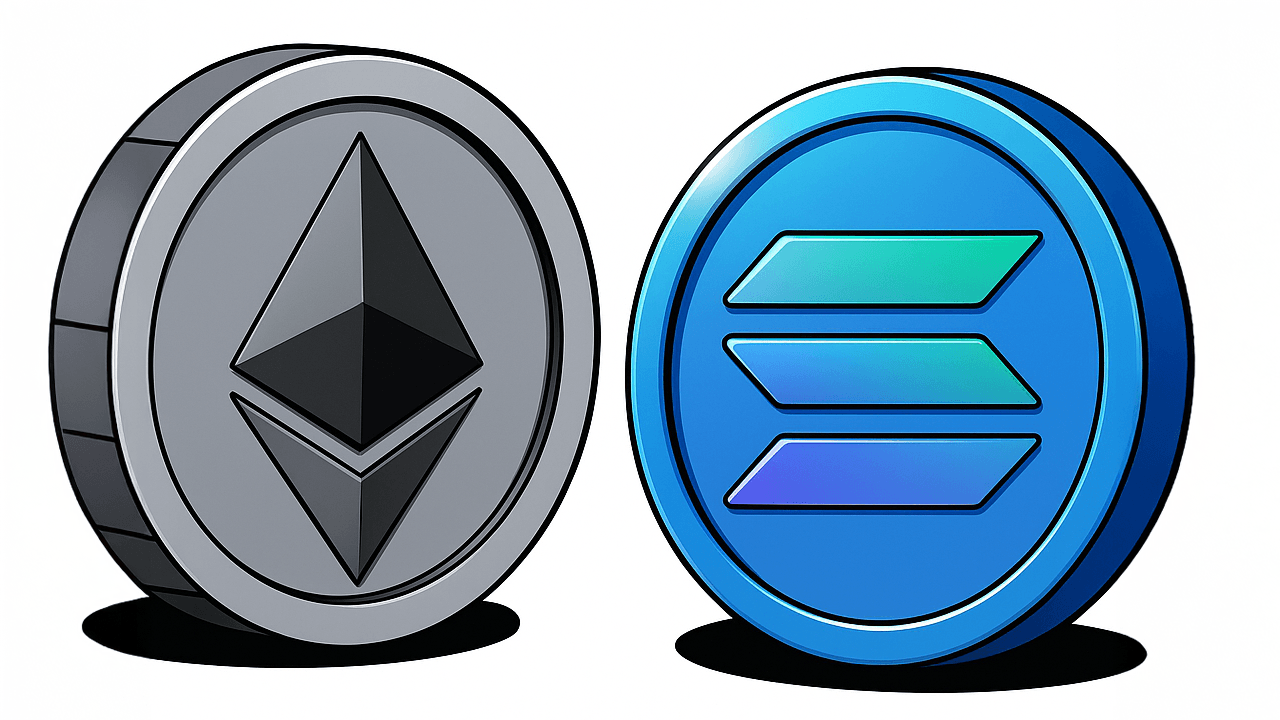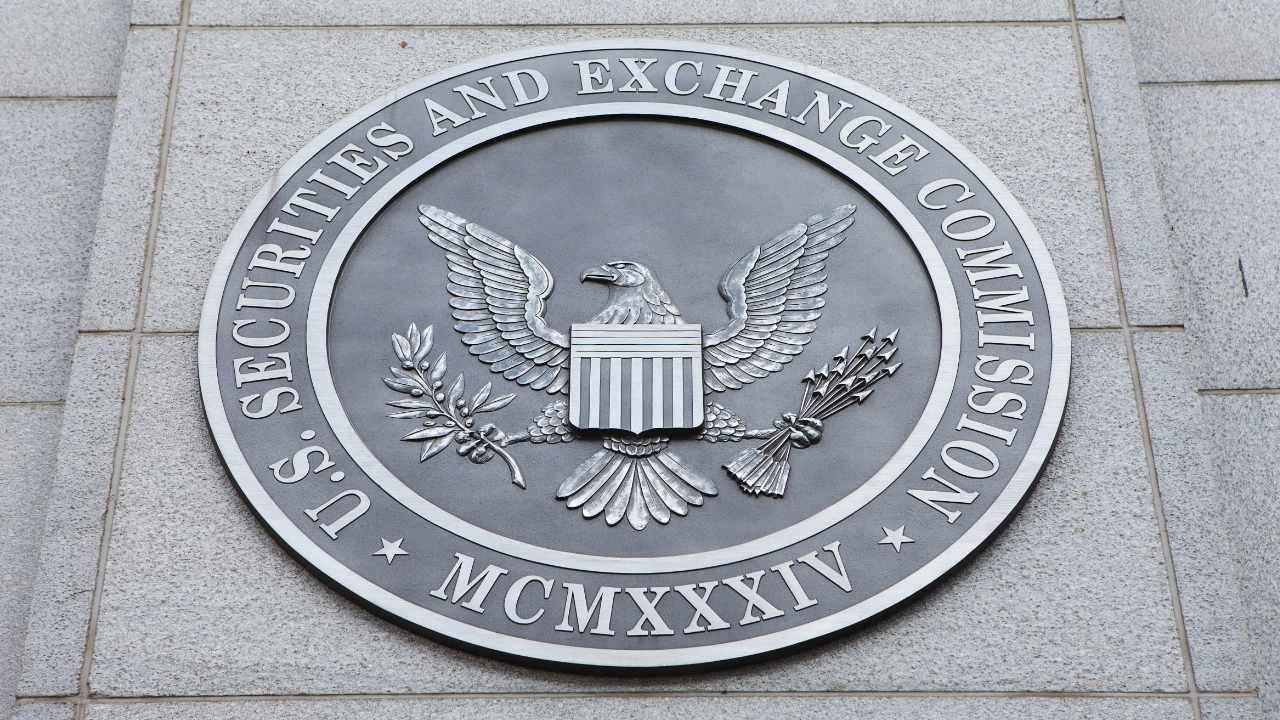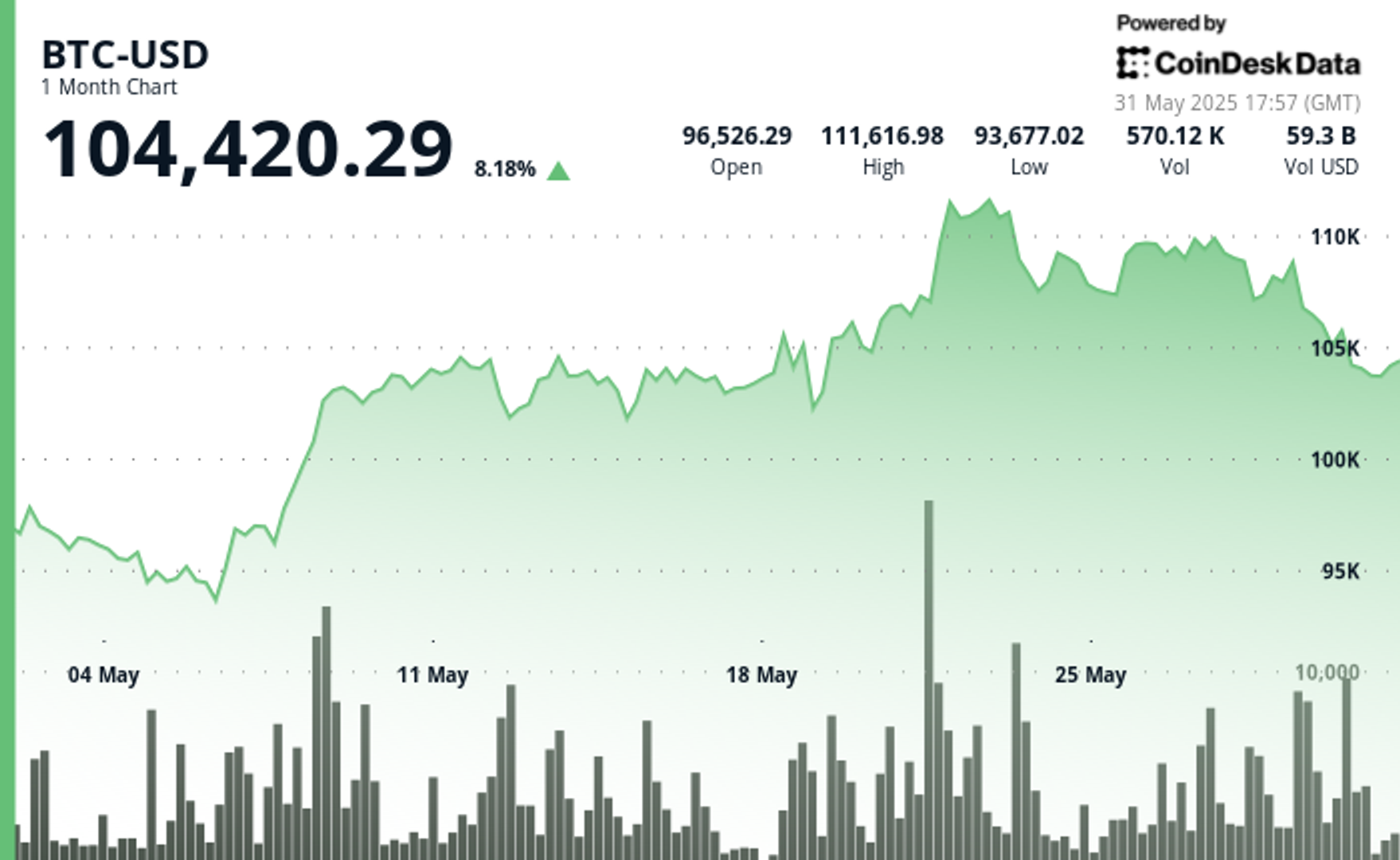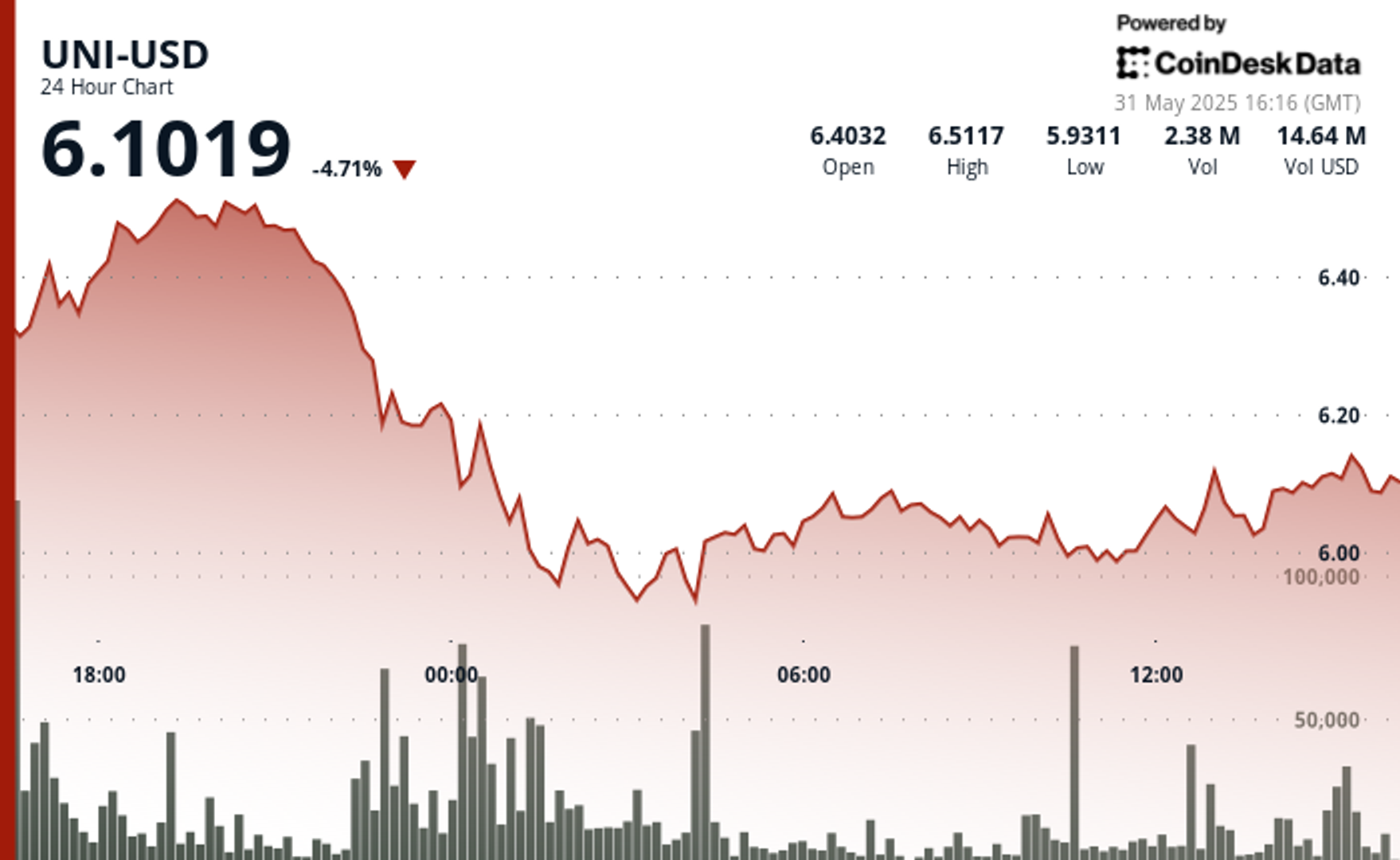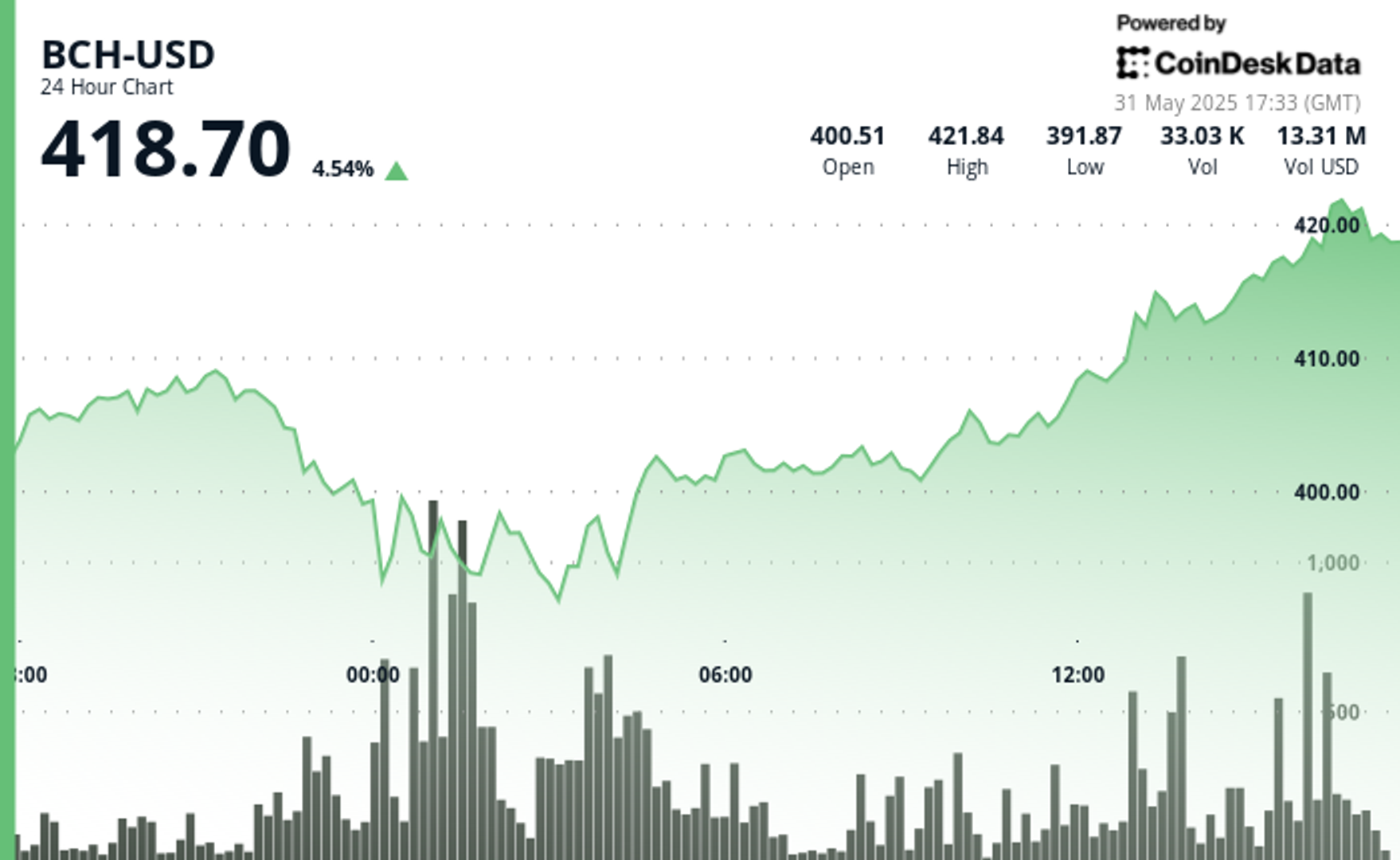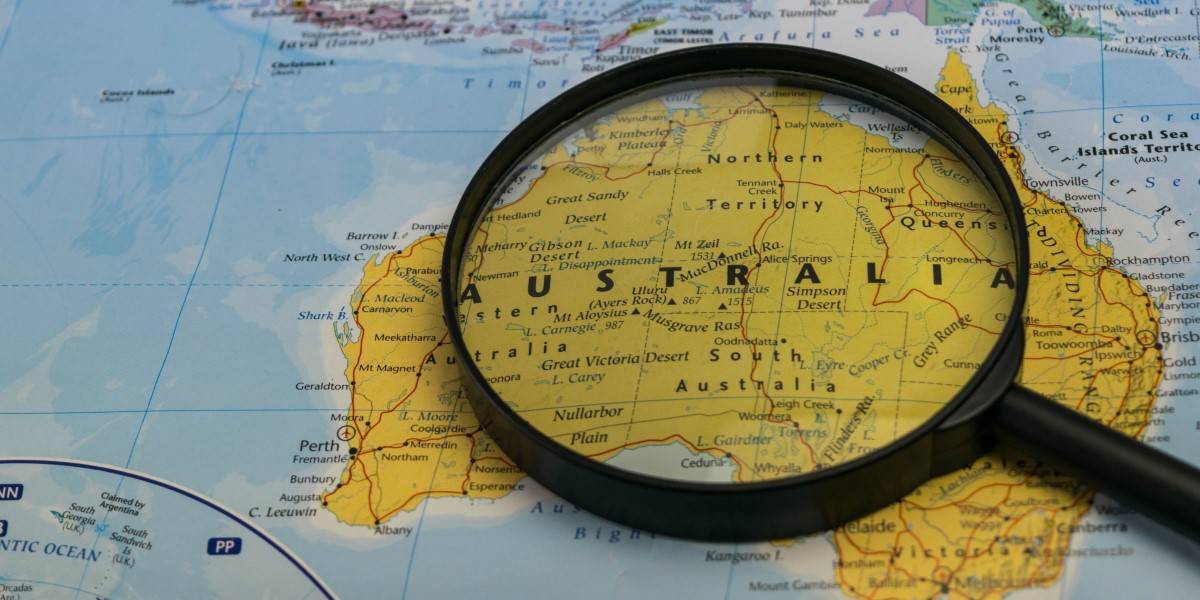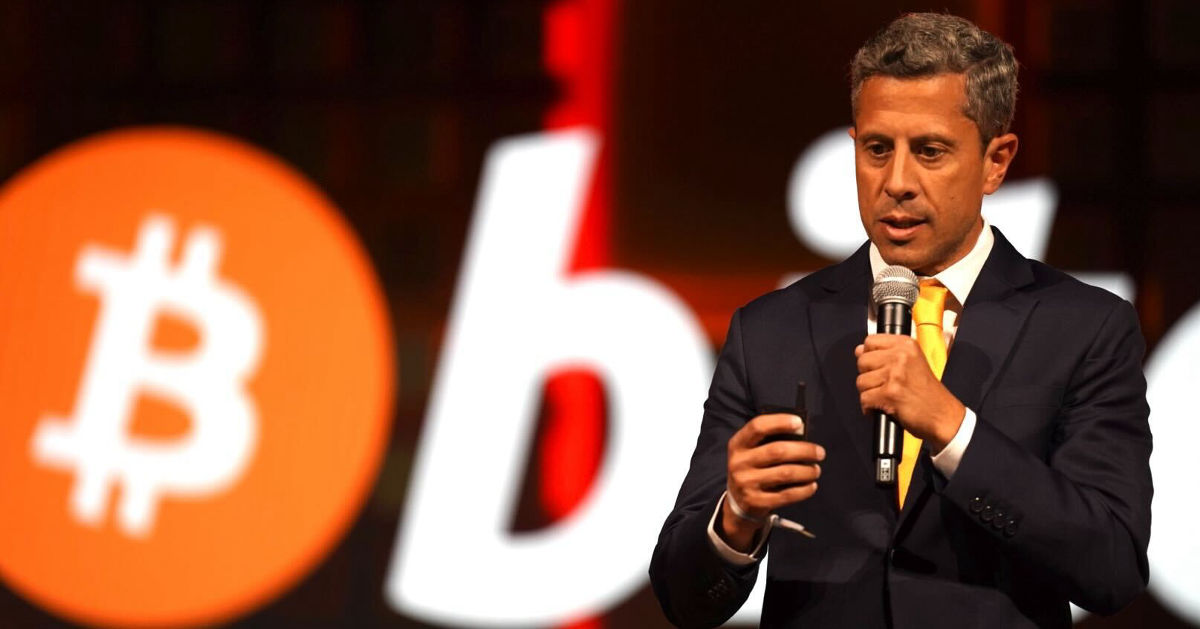Thailand Targets Five "Unlicensed" Crypto Exchanges, Including Bybit, OKX in Latest Crackdown
Thailand’s financial watchdog “will block access” to five unlicensed cryptocurrency exchanges, including Bybit and OKX, in the latest effort to curb illicit financial activity and protect domestic investors. The order, which takes effect on June 28, is reportedly in line with updated legal powers granted under new cybercrime legislation.The Securities and Exchange Commission (SEC) of Thailand reportedly investigated and identified Bybit, 1000X, CoinEx, OKX, and XT.COM as operating digital asset services without proper licenses. Regulator Flags Unauthorized ActivityThe agency filed formal complaints against the platforms, citing breaches of its regulations. The SEC has reportedly submitted their details to the Ministry of Digital Economy and Society, which holds the power to block access under a recently enacted cybercrime law.The SEC described the upcoming block as a preventive measure to stop the platforms from being misused for scams or money laundering activities.“In order to protect investors and prevent the use of unauthorized digital asset trading platforms as a means of money laundering by fraudsters, in line with the intention of the Royal Decree on Measures to Prevent and Suppress Technology-Related Crimes, the SEC has submitted the above platform information to the Ministry of Digital Affairs,” the regulator said. The agency emphasized that assets held on unlicensed platforms are not protected under Thai law, leaving investors exposed to potential fraud and legal risk. It also directed the public to use the official SEC channels to verify licensed operators and report suspicious activities.New Rules Bolster Regulatory ReachThe crackdown is based on powers granted by the Royal Decree on Measures for the Prevention and Suppression of Technology Crimes, which came into effect on April 13. The legislation enables government agencies to block digital infrastructure associated with technology-related offenses, including unregistered cryptocurrency services.Earlier this year, Thailand’s Cabinet approved broader amendments to the country's digital asset rules, reflecting a growing intent to address regulatory gaps surrounding foreign and peer-to-peer crypto providers.Early this year, Thailand’s SEC announced that it was considering allowing the listing of local Bitcoin exchange-traded funds (ETFs). The announcement came from the regulator’s Secretary-General, who mentioned that the instrument would enable individuals and institutions to invest directly in cryptocurrency. This article was written by Jared Kirui at www.financemagnates.com.

Thailand’s financial watchdog “will block access” to five unlicensed cryptocurrency exchanges, including Bybit and OKX, in the latest effort to curb illicit financial activity and protect domestic investors. The order, which takes effect on June 28, is reportedly in line with updated legal powers granted under new cybercrime legislation.
The Securities and Exchange Commission (SEC) of Thailand reportedly investigated and identified Bybit, 1000X, CoinEx, OKX, and XT.COM as operating digital asset services without proper licenses.
Regulator Flags Unauthorized Activity
The agency filed formal complaints against the platforms, citing breaches of its regulations. The SEC has reportedly submitted their details to the Ministry of Digital Economy and Society, which holds the power to block access under a recently enacted cybercrime law.
The SEC described the upcoming block as a preventive measure to stop the platforms from being misused for scams or money laundering activities.
“In order to protect investors and prevent the use of unauthorized digital asset trading platforms as a means of money laundering by fraudsters, in line with the intention of the Royal Decree on Measures to Prevent and Suppress Technology-Related Crimes, the SEC has submitted the above platform information to the Ministry of Digital Affairs,” the regulator said.
The agency emphasized that assets held on unlicensed platforms are not protected under Thai law, leaving investors exposed to potential fraud and legal risk. It also directed the public to use the official SEC channels to verify licensed operators and report suspicious activities.
New Rules Bolster Regulatory Reach
The crackdown is based on powers granted by the Royal Decree on Measures for the Prevention and Suppression of Technology Crimes, which came into effect on April 13.
The legislation enables government agencies to block digital infrastructure associated with technology-related offenses, including unregistered cryptocurrency services.
Earlier this year, Thailand’s Cabinet approved broader amendments to the country's digital asset rules, reflecting a growing intent to address regulatory gaps surrounding foreign and peer-to-peer crypto providers.
Early this year, Thailand’s SEC announced that it was considering allowing the listing of local Bitcoin exchange-traded funds (ETFs). The announcement came from the regulator’s Secretary-General, who mentioned that the instrument would enable individuals and institutions to invest directly in cryptocurrency. This article was written by Jared Kirui at www.financemagnates.com.











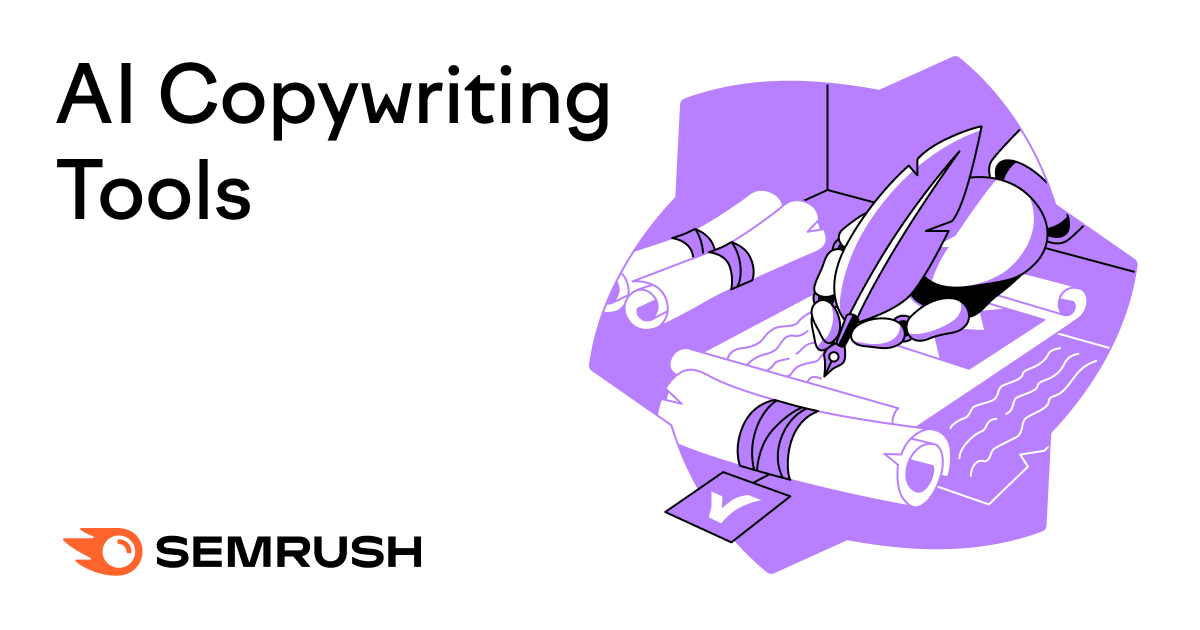

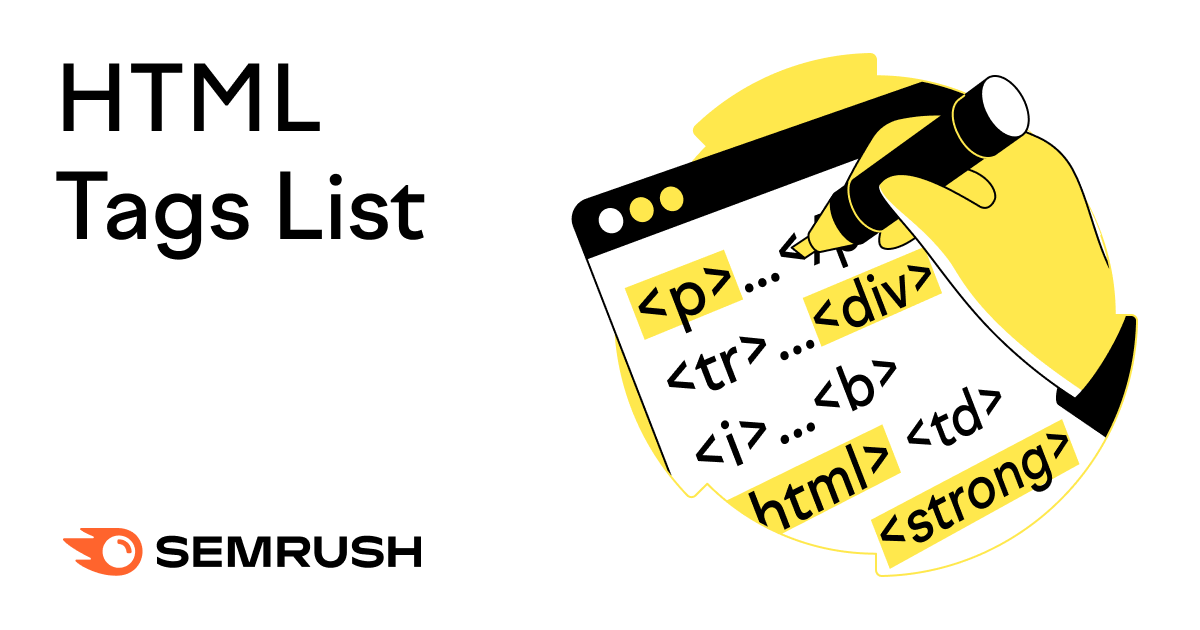
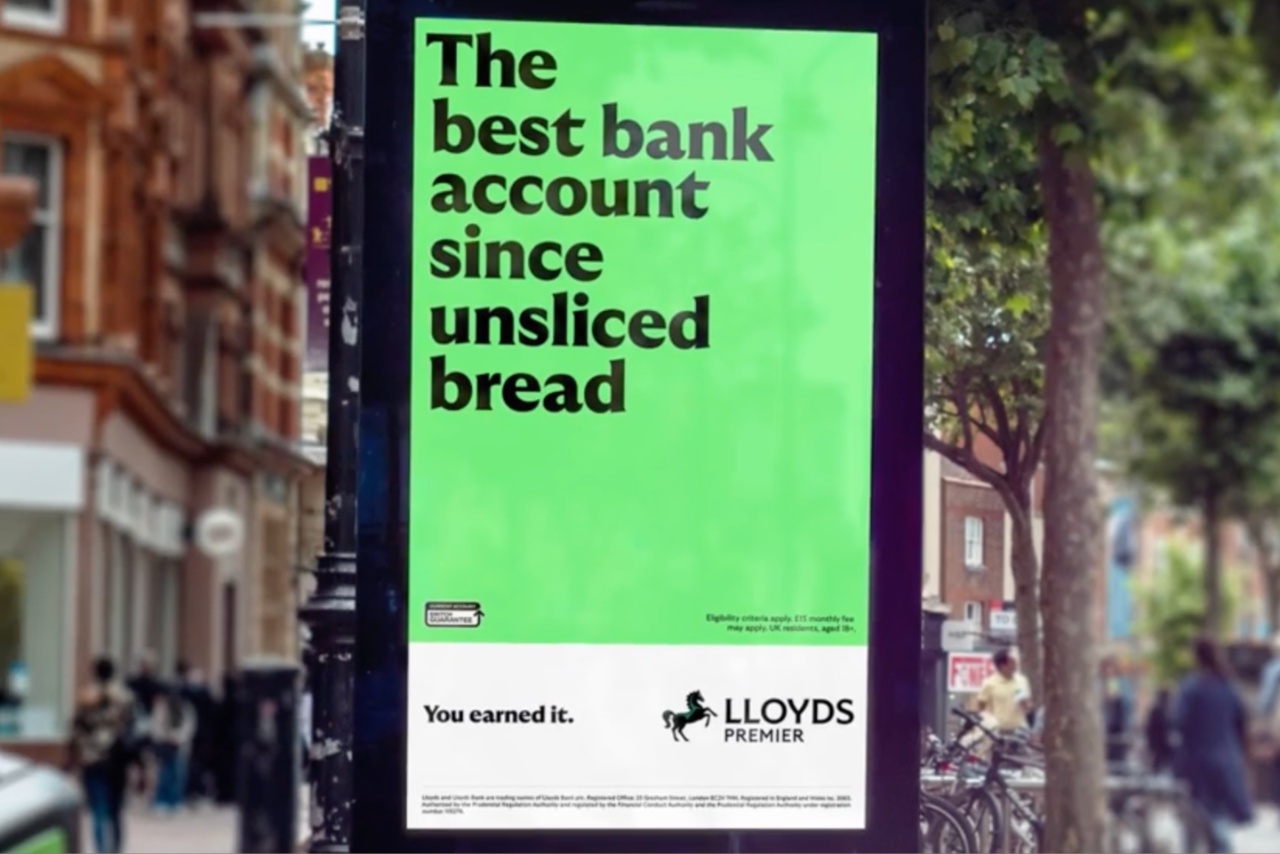















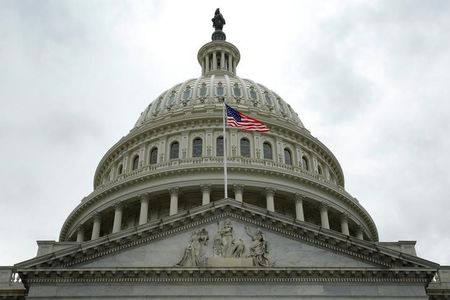






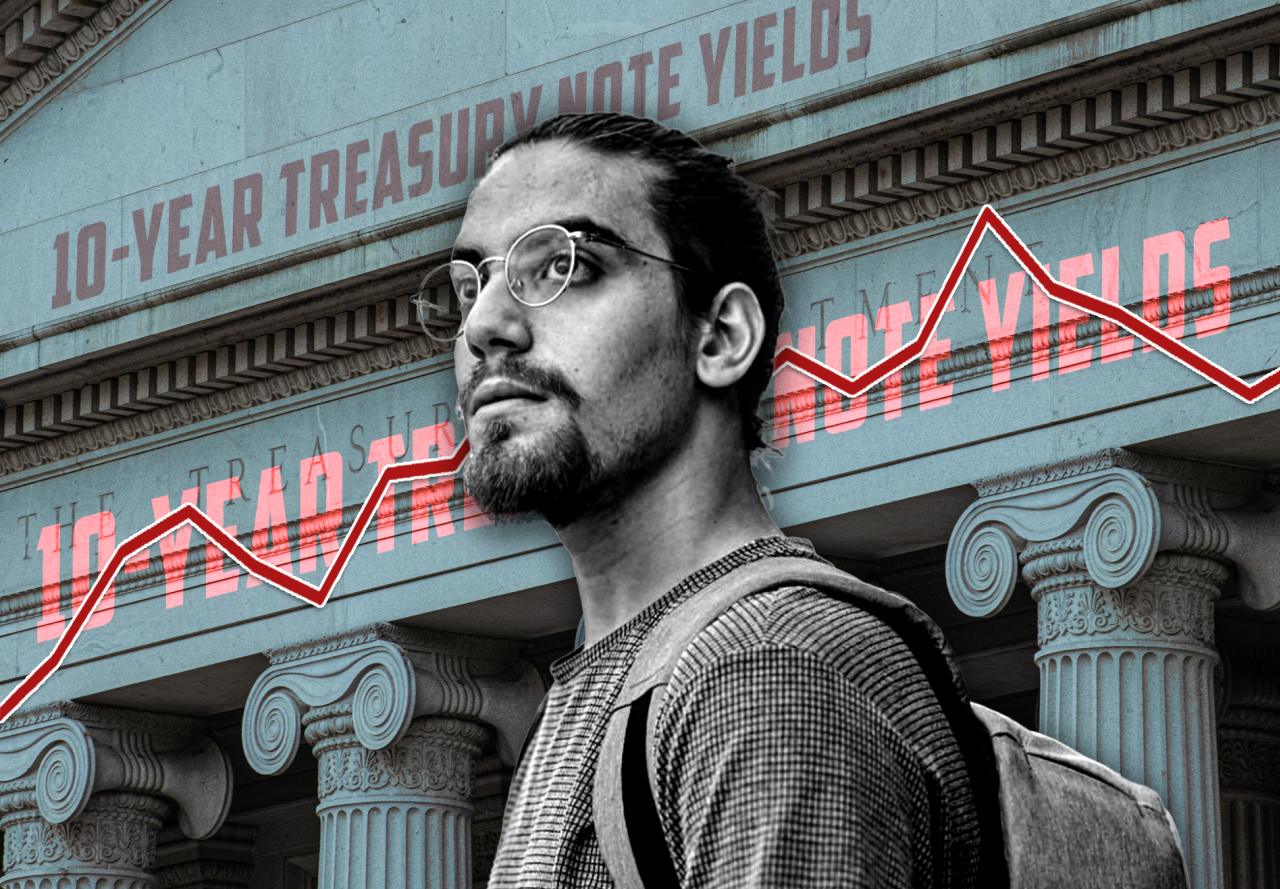



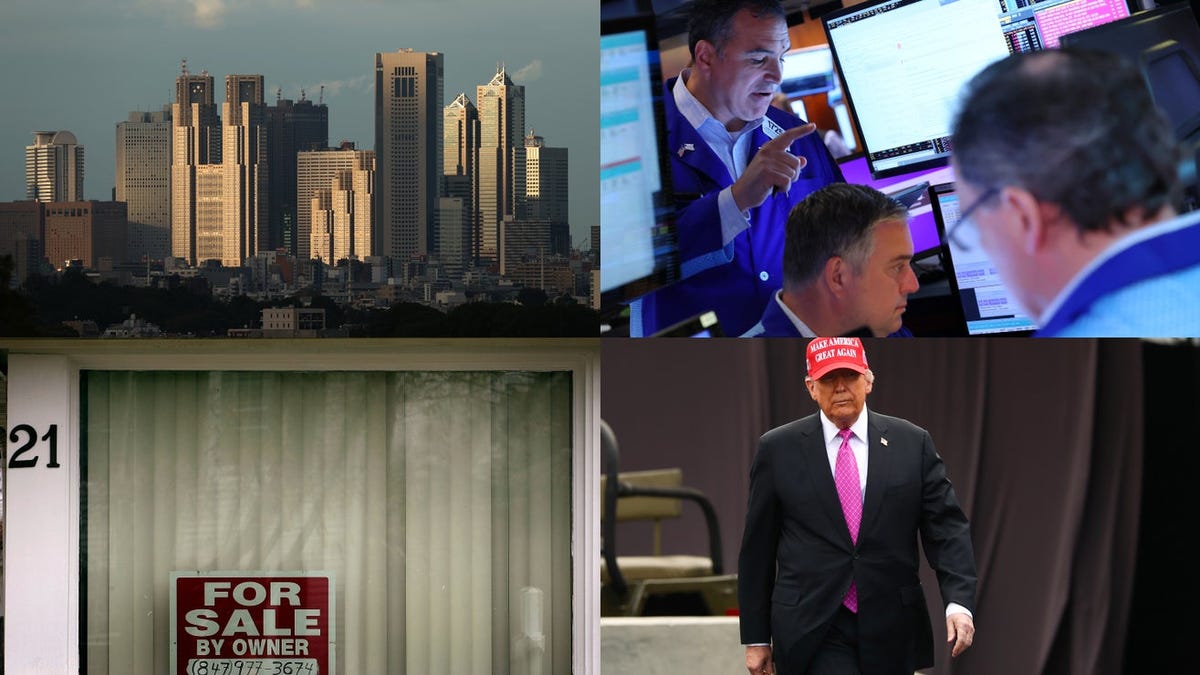










![[Weekly funding roundup May 24-30] Capital inflow continues to remain steady](https://images.yourstory.com/cs/2/220356402d6d11e9aa979329348d4c3e/Weekly-funding-1741961216560.jpg)





